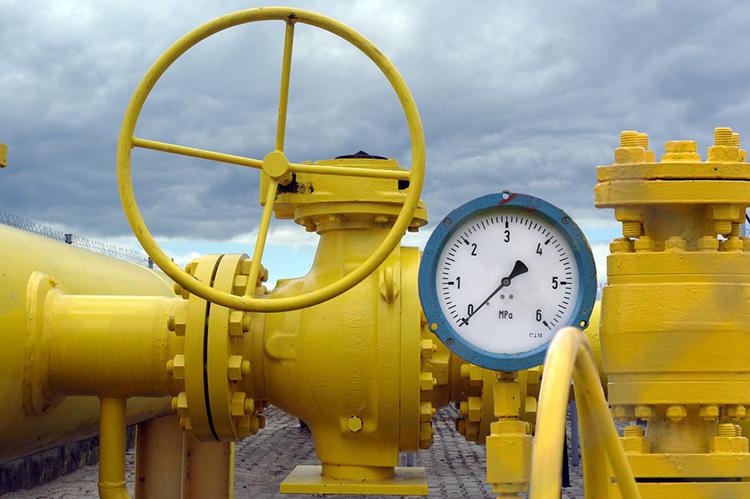Russia Halts Pipeline Gas Deliveries to Poland and Bulgaria

Last week Gazprom halted gas exports to Poland and Bulgaria. Poland is supplied via the 4,107-km Yamal - Europe gas pipeline; Bulgaria through pipes over Turkey.
The reason, for the stoppage, says the Kremlin, was the refusal of Poland and Bulgaria to pay for supplies in Russian rubles, which the Kremlin needs to prop up the value of the declining Russian currency in he wake of Western financial sanctions on the Ukraine - invading country.
Poland said it was well prepared to cope without Russian gas, "having taken some decisions years ago to prepare for such a situation." Climate Minister Anna Moskwa said there was no need to draw gas from reserves and gas to customers would not be cut. Poland was already planning to stop importing Russian gas by the end of the year anyway, when its long-term supply contract with Gazprom expires. This dovetails with the commencement this week of a new gas pipeline connection with Lithuania, which will give Poland access to gas from Lithuania's LNG terminal.
Bulgaria, which relies on Gazprom for more than 90% of its gas supply, said it had taken steps to import LNG through Turkey and Greece.
And a new pipeline delivering gas from Norway, known as the "Baltic Pipe", comes online in October. It should reach full capacity by the end of the year and could replace all Russian deliveries.
Ursula von der Leyen, President of the European Commission, said "the announcement by Gazprom that it is unilaterally stopping delivery of gas to customers in Europe is yet another attempt by Russia to use gas as an instrument of blackmail."
Both Poland and Bulgaria view the Russian move as a breach of their contracts with Gazprom, saying "appropriate legal steps will be taken and there will be appropriate compensation from Gazprom for violations of the provisions of the contract."
Other European countries importing Russian gas did not report cuts. Dmitry Peskov, the Kremlin spokesperson, declined to say how many countries had agreed to pay in rubles.

